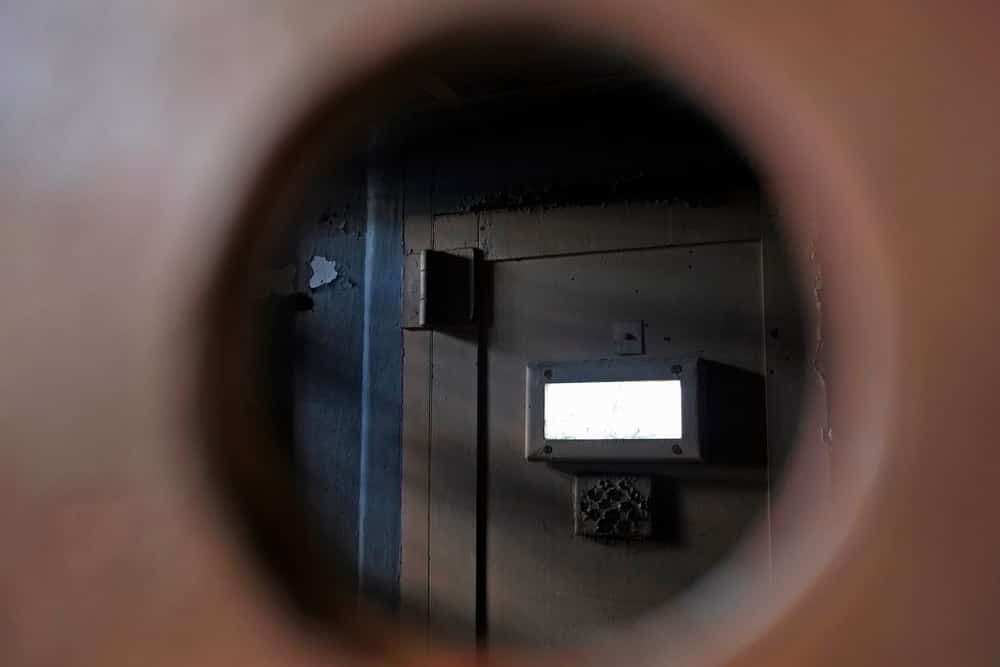Counties should stop using solitary confinement. Several lawsuits involving solitary confinement have cost counties and states money. New York City agreed to pay up to $53 million to settle a lawsuit involving pretrial detainees subject to this inhumane isolation. In Pennsylvania, Allegheny County is being sued over poor mental health treatment, including the overuse of solitary confinement, which the county banned in 2021.
Solitary confinement involves placing an inmate in a cell for 22-24 hours a day with limited human interaction and little or no meaningful activities. It is sometimes referred to by various alternative names. These names confuse the public, but names like: Segregation, Isolation, Separation, Restrictive Housing, The Hole and many other names are variations on the same theme. These terms can have slightly different meanings depending on the context and location in which they are used, but they generally refer to the practice of keeping a prisoner alone in a cell for extended periods of time, with little to no human contact or interaction with other inmates. Studies show prolonged isolation causes anxiety, panic, paranoia, depression, post-traumatic stress disorder, psychosis, and other afflictions.
Some might think, who cares? They’re criminals. A common misconception is that people in solitary confinement are dangerous and violent inmates. That’s seldom true. Most suffer from severe mental illnesses and cannot conform to the rules. According to the Vera Institute of Justice, 40 percent of solitary confinement in North Carolina was for three nonviolent rule violations: disobedience of an order, profane language, and tobacco use.
When submitting your property tax payment to your County, it’s important to know how much of your $ is going to law and order – the jail, pretrial services, district attorney, public defender, and judges. It is usually a high percentage. Citizens should have visibility into what is going on in the law and order areas of the county.
When people feel unsafe, they support policies advocating for locking up more individuals and more harsh punishment and mistreatment, a misguided approach that fails to make us safer.
Unfortunately, many people support solitary confinement because correctional staff, wardens, and officers tell the public that it is necessary to control violent criminals. However, this is far from the truth. We need them to start talking about alternatives to solitary confinement.
Even if you don’t care about the treatment of prisoners, it’s important to note that this practice can significantly impact taxpayers’ wallets. Solitary confinement is expensive, and there are likely to be many more lawsuits like in New York City and Allegheny. These will cost big dollars.
The use of solitary confinement results in higher costs compared to housing general population inmates due to various factors:
– Solitary confinement requires extra security to prevent harm to inmates and staff, such as cameras and restraints, requiring more staff to monitor and maintain.
– Correctional officers working with solitary inmates require expensive specialized training, and necessitate time-consuming ongoing education and support.
– Inmates in solitary require more attention and care, increasing the workload for correctional staff, including more paperwork and administrative tasks.
– Due to the need for constant monitoring, staff may have limited opportunities for relief or time off, requiring costly additional staffing due to overtime or hiring more staff.
The financial burden of solitary is substantial. The Federal Bureau of Prison estimates it costs $216 per day to hold a person in solitary versus $86 per day in the general population.
In 2017, the Court in Palakovic v. Wetzel, the US Court of Appeals, Third Circuit, recognized the devastating mental health consequences of long-term isolation, citing the growing consensus that conditions of solitary confinement can cause severe and traumatic psychological damage. The court also noted that physical harm could result from isolation.
Counties should consider the impact of solitary confinement on correctional officers. Correction officers working in isolation experience adverse psychological effects, such as anxiety, depression, and post-traumatic stress disorder, impacting their physical health and increasing healthcare costs and lawsuits.
Many countries have banned or severely limited solitary confinement, citing concerns about human rights violations and the ineffectiveness of the practice. The United Nations Special Rapporteur on Torture has called for a ban on solitary confinement for longer than 15 days.
Ultimately, there are (at least) two good reasons for counties to stop using solitary confinement in favor of alternative approaches. First, we should treat everyone humanely. We must explore alternative methods if a practice proves ineffective or harmful. A wealth of evidence shows that solitary confinement doesn’t work and is harmful to inmates. Secondly, Solitary is already costing taxpayers too much money and will grow more expensive as lawsuits increase.
Counties should avoid this issue and discontinue solitary confinement as soon as possible. Solitary confinement is as expensive as it is barbaric.







